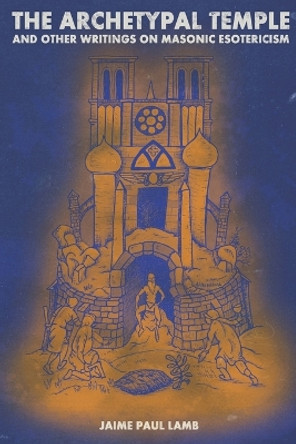Description
By examining edifices previously overlooked by architectural and social historians, Moore decodes the design and social function of Masonic architecture and offers compelling new insights into the construction of American masculinity. Four distinct sets of Masonic ritual spaces-the Masonic lodge room, the armory and drill room of the Knights Templar, the Scottish Rite Cathedral, and the Shriners' mosque - form the central focus of this volume. Moore argues that these spaces and their accompanying ceremonies communicated four alternative masculine archetypes to American Freemasons-the heroic artisan, the holy warrior, the adept or wise man, and the frivolous jester or fool.
Although not a Freemason, Moore draws from his experience as director of the Chancellor Robert R Livingston Masonic Library in New York City, where heutilized sources previously inaccessible to scholars. His work should prove valuable to readers with interests in vernacular architecture, material culture, American studies, architectural and social history, Freemasonry, and voluntary associations.
About the Author
William D. Moore is assistant professor of history and director of the public history program at the University of North Carolina Wilmington, USA. His work has appeared in CRM: The Journal of Heritage Stewardship, Perspectives in Vernacular Architecture, and Winterthur Portfolio, among other publications.
Book Information
ISBN 9781621900641
Author William D. Moore
Format Paperback
Page Count 240
Imprint University of Tennessee Press
Publisher University of Tennessee Press
Weight(grams) 339g
Dimensions(mm) 229mm * 152mm * 18mm




